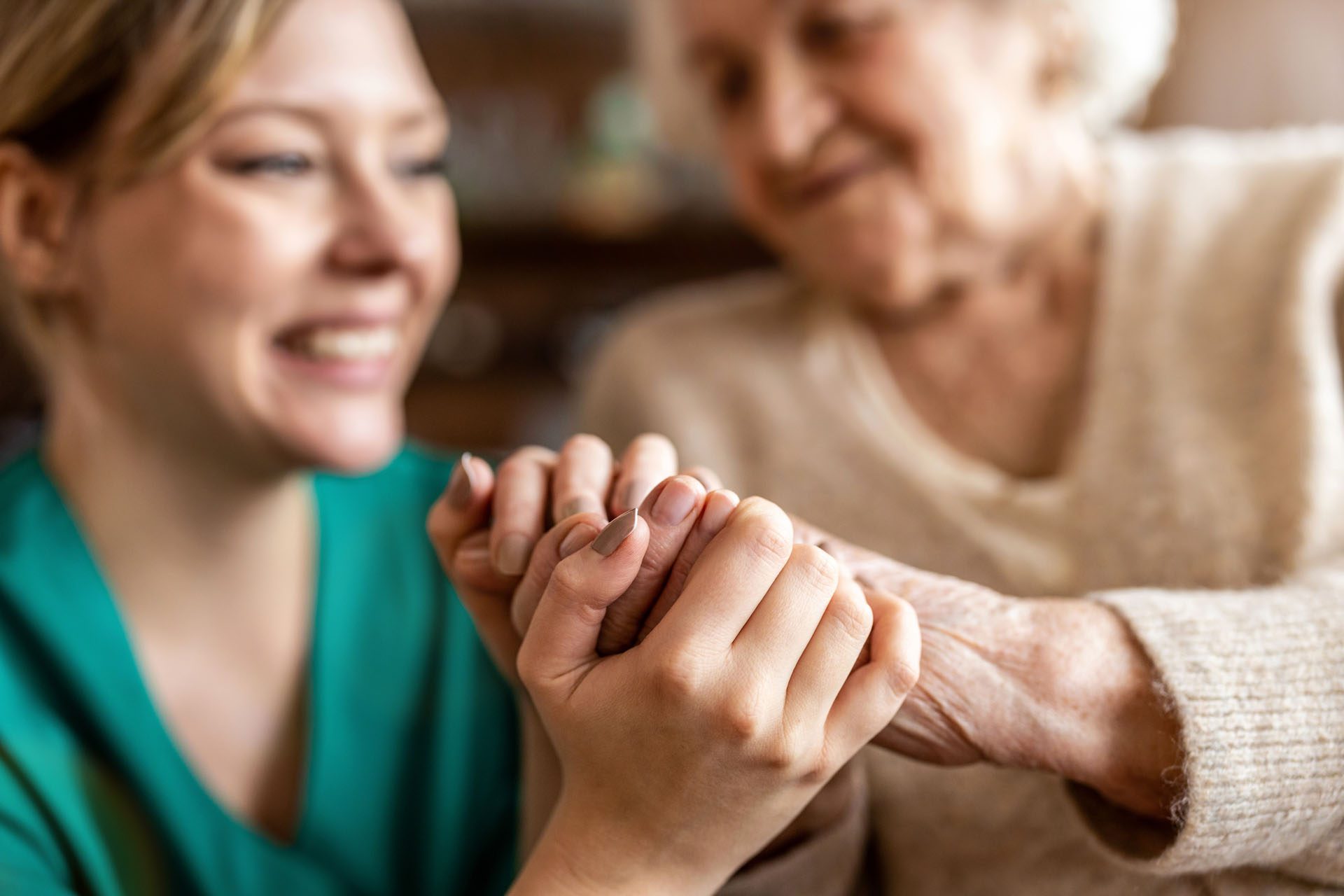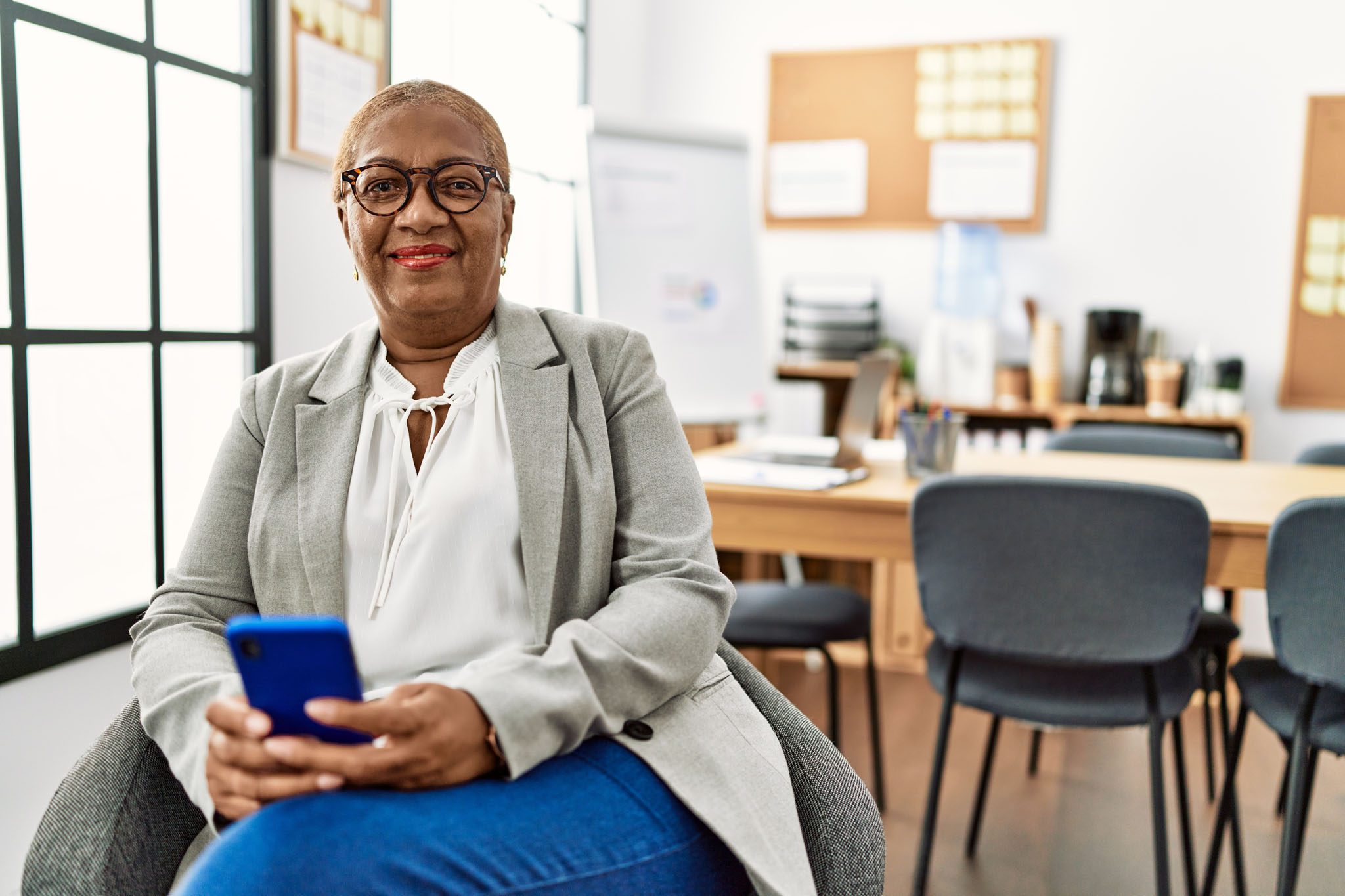Personal Concierge for Cancer Care Roundtable and Results
In November 2020, we invited oncology experts to participate in a roundtable discussion to evaluate a new way of remote-monitoring cancer patients and maintaining the quality of care delivery at home.
As more cancer patients undergo cancer therapy and chemotherapy at home, cancer centers and practices are now facing new challenges to ensure optimal care coordination, adherence, safety, and clinical outcomes. Migrating care to the home has been increasing because of the expansion of oral oncolytic therapies. However, the advent of the novel coronavirus has created a new urgency to move as much care as possible to the home to prevent contamination and reduce costs.
The Solution
GoMo Health has pioneered Personal Concierge™ to maintain ongoing communication with patients at home without increasing the burden on already overwhelmed nursing staff. The program is built using cognitive and behavioral principles of engagement, activating patients and members through BehavioralRx®, The Science of Precision Health. Connecting with patients via its Telehealth Triple Play™, Personal Concierge uses an intelligent mobile bot to collect and triage patient data via home medical devices, conduct in the moment “conversations”, and gather electronic patient-reported outcomes (ePRO). The program includes delivery of personalized content, messaging, and mobile web to communicate with patients to support their individual clinical care and is in use at the Rutgers Cancer Institute of New Jersey (CINJ).
Platform Interaction
Prior to the roundtable, participants downloaded a demo version of the CINJ Concierge program. They received several example messages, including the How Are You Doing? survey, a tool used to automate the collection of the NCCN distress screening survey.
The interactive roundtable session collected participants’ perceptions of the design and functionality of the platform as well as other ways it can be used to help patients and providers.
The Participants
Participants invited to the roundtable included a cross-section of providers and experiences, with individuals representing the following roles:
- Oncology Program Director
- Director of Financial Navigation
- Women’s Health Program Manager
- LCSW/Supervisor
- Director of Oncology Navigation
- Nurse
- Home Nurse Navigator
Participants were represented from large cancer centers and community oncology practices.
The Results
In addition to providing valuable interface and user experience feedback, the participants commented on the platform and its offerings:
“What I thought was great was especially now in this isolation, the fact that they kept on checking in…it really almost felt like there was a friend on their other end that was watching out to make sure that I was okay.”
“Us humans, we don’t always reach out to people. But we like it when we’re reached out to.”
“Content-wise, I thought it was good. It’s all derived from an evidence-based tool, and you directed it very nicely. I think you gave very specific information…I didn’t have to read through anything. I really liked the bulleted aspect of it.”
“A lot of my patients are elderly too, and with short and sweet bullets and minimal content are good.”
“When I was looking at “Nutrition” and it took me to two sources where I know I could trust to get additional information, I thought that was so helpful… we go on the web to look for information and there’s so much on the web that maybe isn’t good information. But I like that for nutrition because our patients are always asking for that, but rather than they go searching this gave specific [information]. I found that to be very helpful.”
In a post-roundtable survey, the participants answered the following questions:







Find Us Online